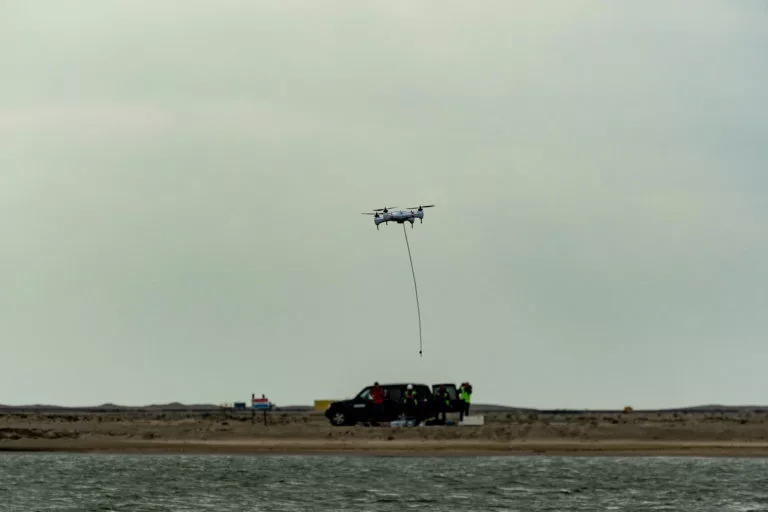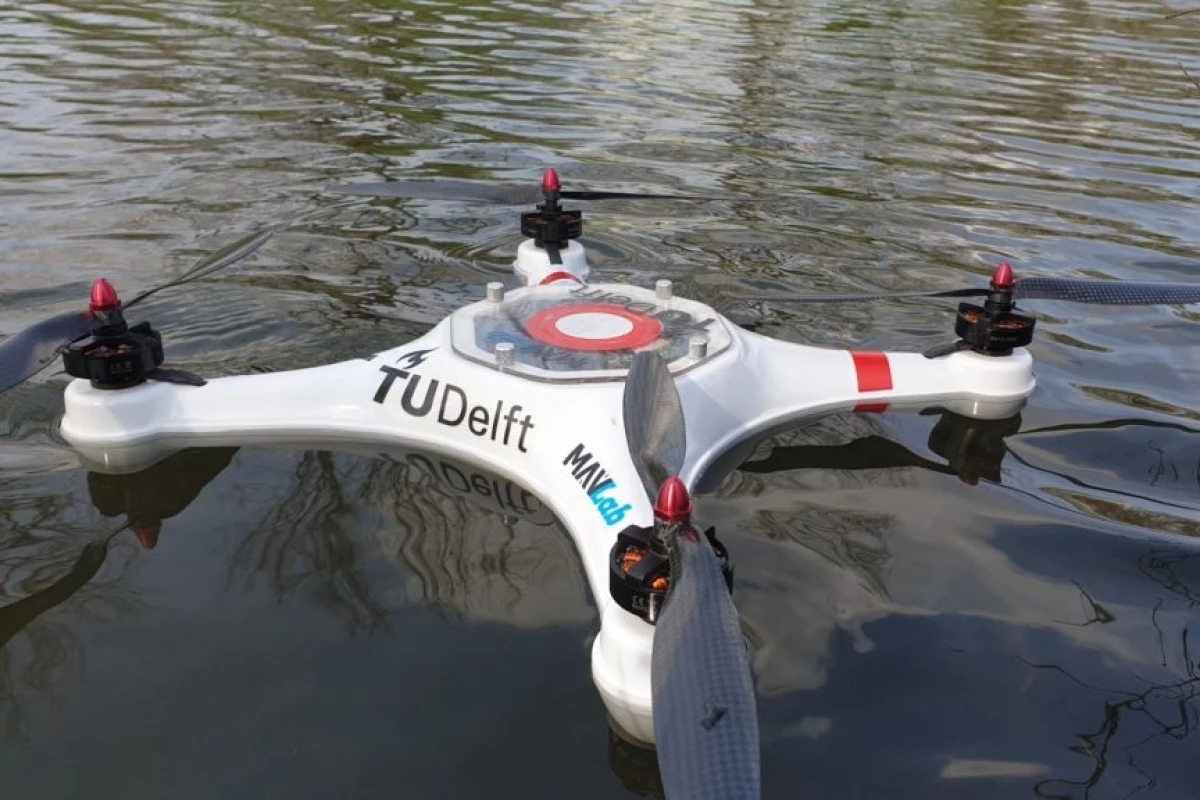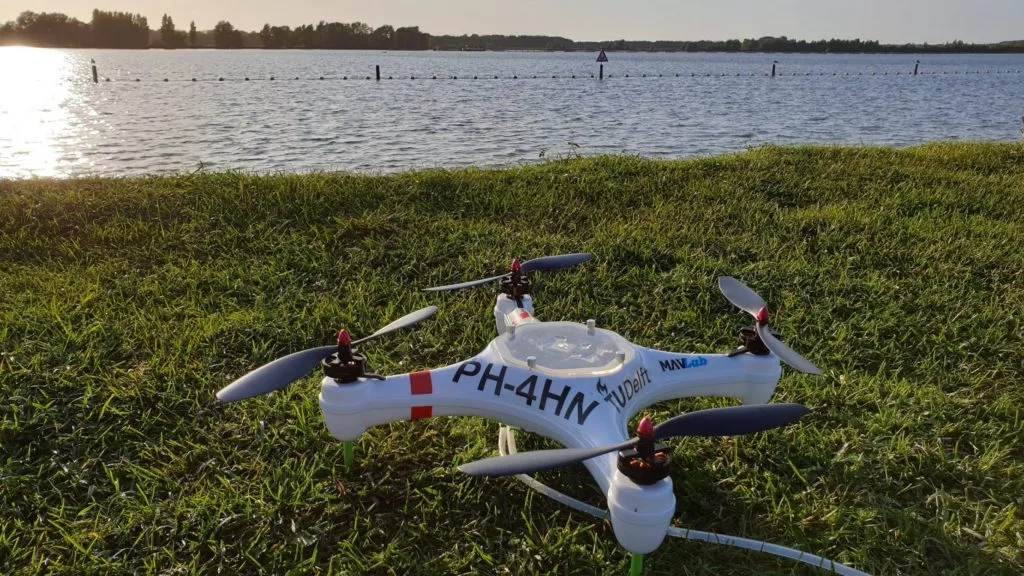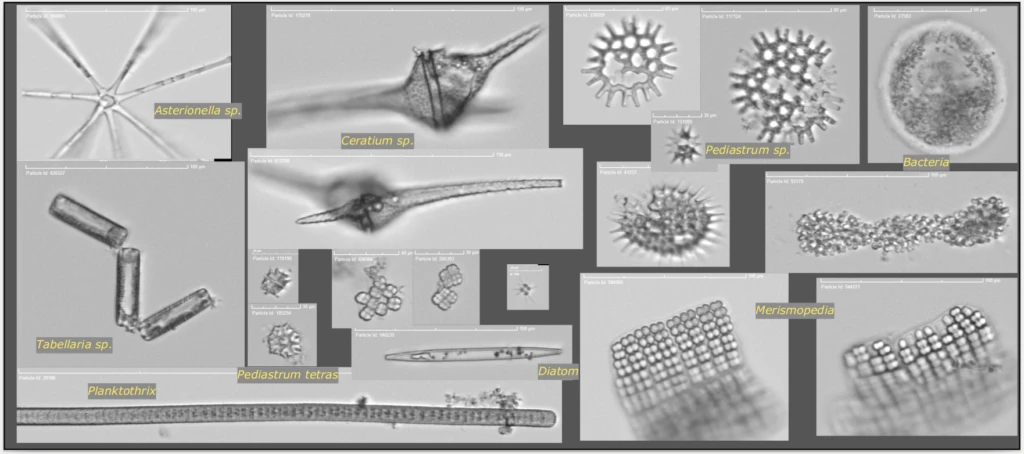If harmful microbes such as toxic cyanobacteria are present in water bodies, then the sooner that health authorities know, the better. The prototype Pelican drone is designed with that in mind, as it can autonomously perform on-location water analyses.
Being developed at the Netherlands' Delft University of Technology – and based around a commercially-available Splash drone – the Pelican is a waterproof quadcopter that can be driven to a lake in the back of a pickup truck. Once there, it automatically takes off and flies over the lake, utilizing an onboard hyperspectral camera to search for problems such as algae blooms.
If any of these are discovered, the Pelican proceeds to land on the water at that location, floating on the surface as it draws samples. Down the road, it is hoped that the drone will actually be able to go beneath the surface, collecting samples from a variety of depths.
It then flies back to the truck, autonomously landing on a portable CytoSense flow cytometer made by Dutch startup CytoBuoy. The water samples are transferred into that device, where they're thoroughly scanned for microorganisms within the space of a few minutes. Data is subsequently uploaded to a server, from which it can be accessed by municipalities or other groups via an online portal.

By contrast, water sampling is currently often performed by technicians who have to go out on the water in boats. The collected samples are then driven back to a lab for analysis, during which time they may degrade, thus providing inaccurate readings.
"The Pelican drone can vastly improve the monitoring of water quality and reduce costs," says Kevin van Hecke, of Delft's Micro Air Vehicle Lab. "It is much faster and more efficient at checking for blue-green algae, for example. The combination of a drone and flow cytometry allows us to monitor water quality autonomously and in real time."
You can see the Pelican drone in use, in the following video.







